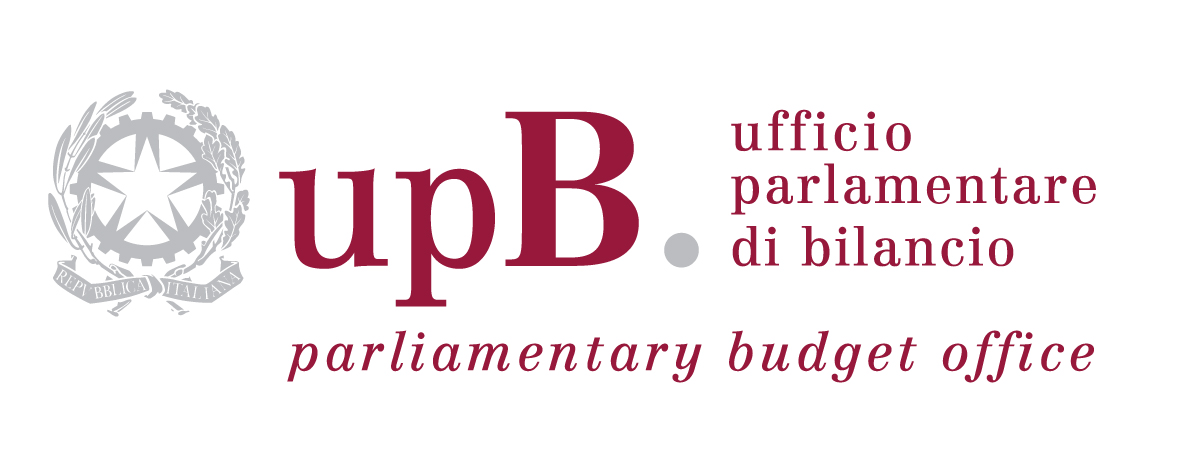The Chairman of the Parliamentary Budget Office (PBO), Giuseppe Pisauro, spoke today at an informal hearing before a joint session of the Budget Committees of the Chamber of Deputies and the Senate Budget as part of the examination of the draft legislative decree on completing the reform of the structure of the State budget.
Pisauro noted that the proposed amendments to the Government Accounting Act, the law that sets out the general principles for the medium-term budgetary framework and the criteria for the formation and management of the State budget, have a narrow and limited scope compared with the current legislative framework. For this reason, the PBO Chairman framed the proposed changes within a more general framework, recalling the context in which the measures and the main lines of intervention adopted so far occur, discussing their state of implementation and highlighting any continuing problems.
After having retraced the genesis and the main stages of the extensive process of revising the Government Accounting Act, also in relation to the events that occurred with the sovereign debt crisis and with the successive changes associated with European commitments and the revision of Article 81 of the Constitution, Pisauro focused attention on a number of the possible issues that the examination of the decree raises.
The main topics addressed in the hearing were: the State budget as an instrument for deciding, managing and controlling economic policy, its structure, the relationship with the administrative organisation; flexibility in managing the budget; the first application of the reform, which provided for the integration of the spending review in the budget cycle; the range of other information sources supporting the budget decision (including the gender budget); the strengthening of the cash-basis budget, which plays an important role in improving the planning of expenditure and the management of multi-year spending and preparing effective revenue forecasts; and innovations involving the State Treasury and the rationalisation and transparency of cash flows.
